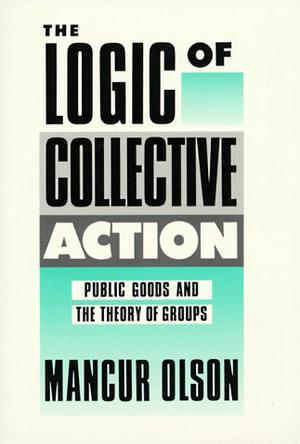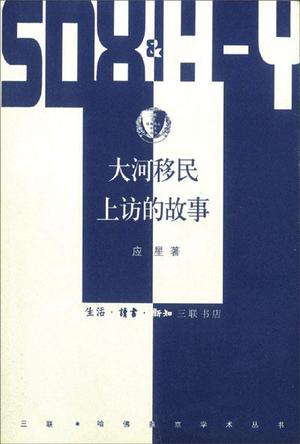-

Collective Resistance in China
Although academics have paid much attention to contentious politics in China and elsewhere, research on the outcomes of social protests, both direct and indirect, in non-democracies is still limited. In this new work, Yongshun Cai combines original fieldwork with secondary sources to examine how social protest has become a viable method of resistance in China and, more importantly, why some collective actions succeed while others fail. Cai looks at the collective resistance of a range of social groups—peasants to workers to homeowners—and explores the outcomes of social protests in China by adopting an analytical framework that operationalizes the forcefulness of protestor action and the cost-benefit calculations of the government. He shows that a protesting group's ability to create and exploit the divide within the state, mobilize participants, or gain extra support directly affects the outcome of its collective action. Moreover, by exploring the government's response to social protests, the book addresses the resilience of the Chinese political system and its implications for social and political developments in China. -

集体行动的中国逻辑
在民族国家边界内外所形成的各种社会动员和冲突政治,乃是当代政治生活中的重大课题。它们究竟怎样产生、缘何成败?它们具有何种性质,又将如何影响政治体系的演进?本辑所刊之专题论文,意在根据中国改革后的社会与政治经验,择要考察劳工行动、网络动员、邻避运动等现象,增进对上述问题的认识,并呈现新的研究议题与进路。在主题研讨部分,除了来自各区域的扎根案例研究之外,本书还提供关于 “抗争政治”的类型以及暴力冲突的形成机制等理论问题的论文。 -

The Logic of Collective Action
This book develops an original theory of group and organizational behavior that cuts across disciplinary lines and illustrates the theory with empirical and historical studies of particular organizations. Applying economic analysis to the subjects of the political scientist, sociologist, and economist, Mr. Olson examines the extent to which the individuals that share a common interest find it in their individual interest to bear the costs of the organizational effort. The theory shows that most organizations produce what the economist calls "public goods"--goods or services that are available to every member, whether or not he has borne any of the costs of providing them. Economists have long understood that defense, law and order were public goods that could not be marketed to individuals, and that taxation was necessary. They have not, however, taken account of the fact that private as well as governmental organizations produce public goods. -

大河移民上访的故事
《大河移民上访的故事(从讨个说法到摆平理顺)》作者以讲故事的方式把大河电站移民集体上访所引发的冲突事件纳入农村社区生活世界的权利关系中去分析,通过对起伏跌宕的移民上访——政府摆平这件官民正面遭遇的详尽描述,揭示出双方所共享的政治文化及其运作机制。